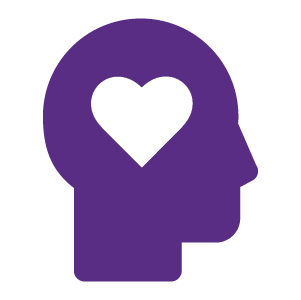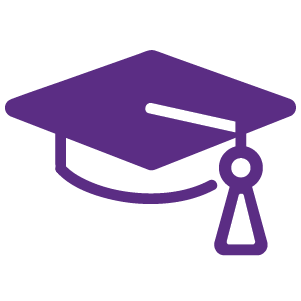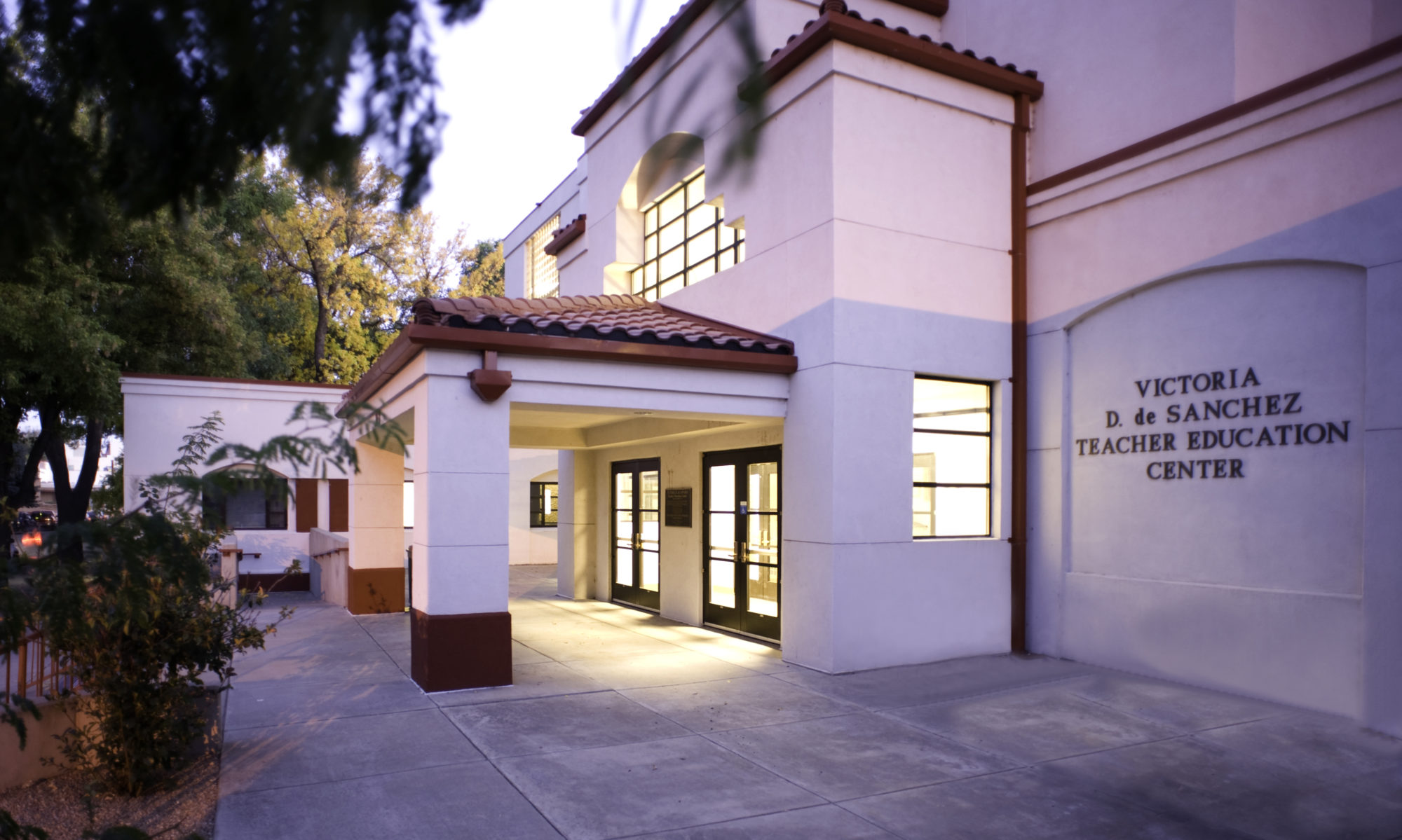CONCURRENT SESSIONS
The Fall 2023 Professional Development Days (and the 2023 – 2024 academic year) is addressing the theme of “Education in Ever-Changing Times.” This year’s concurrent sessions will be focusing on our theme or one of the following sub-themes:

Technologies for the 21st Century “Classroom”

Research, Writing, and Creating in the Age of AI

Lessons from 3 Years of Educational Emergencies

General Interest & Pedagogy
11:00 – 11:50 AM
Transgender Resources Center of NM Introduction
Attendance: Open to ALL Faculty and Staff
Presenter: Adrien Lawyer
Location: Student Union Building, Ballroom
Track: General Interest & Pedagogy
Come learn more about the Transgender Resource Center of New Mexico and all the ways we can help folks all over our state! We’ll also cover some basic terms and concepts regarding transgender and non-binary people. Hope to see you there!
11:00 – 11:50 AM
Smart Board Basics
Attendance: Open to All Faculty
Presenter: Benjamin J. Villarreal, EdD
Location: Library 141
Track: Technologies for the 21st Century “Classroom”
This workshop will demonstrate the basic uses of classroom SmartBoards and tricks to troubleshoot glitches.
11:00 – 11:50 AM
Strategies to Improve Early Retention at NMHU in a Culturally Responsive Manner
Attendance: Open to All Faculty
Presenters: Aalap Dixit, PhD, Sarah Corey-Rivas, PhD, and Leon Bustos, MA
Location: Student Union Building, Room 322
Track: Lessons from 3 Years of Educational Emergencies
Declining retention rates is a critical issue as it directly impacts student success and the overall well-being of the institution. Our session will provide an equitable space for faculty and staff to collaborate on making plans to improve retention rates, focusing on identifying the systemic factors that contribute to student attrition and developing strategies to mitigate those factors. The session will include examining the current retention rates and, as a group, identifying critical areas where culturally responsive teaching can leverage student assets. The session’s objective will be to determine which student groups are most underserved at the institution and explore the most promising institutional structures and practices to change. After that, we will ask participants to develop one action plan in one pivotal course they teach that uses a culturally responsive pedagogical tool. Tools could include high-context learning, incorporating CUREs, adopting inclusive, asset-based language in teaching, sharing cultural experiences, and offering student support. The session emphasizes approaches to developing an inclusive environment that recognizes and values students’ diverse backgrounds, requirements, and perspectives and seeks to address the challenges that may disproportionately affect underrepresented students.
12:00 – 1:00 PM
Lunch
Attendance: ALL Faculty
Location: Student Union Building, 3rd Floor
1:00 – 1:50 PM
Crafting a Critical Pedagogy: Addressing Social, Political, and Environmental Emergencies
Attendance: Open to All Faculty
Presenters: Jonathan (JD) McCausland, PhD, Jess Goldberg, PhD, Rebecca Moore, PhD, Eric Romero, PhD, and Jacob Avery, PhD
Location: Student Union Building, Room 320
Track: Lessons from 3 Years of Educational Emergencies
This session will open with brief overviews of dilemmas and attacks on peoples, pedagogies, and perspectives in higher education (e.g. anti-CRT legislation, anti-LGBTQIA2S+ legislation, climate change, etc.). These presentations will serve as a foundation for the rest of the session and will not last more than 10 minutes total. After the presentations, the participants will choose a facilitated conversation group focused on a specific
dilemma for about 30 minutes. In their groups, attendees will participate in facilitated dialogues about how a particular dilemma (e.g. anti-CRT legislation/sentiment) has impacted their pedagogy and how they have addressed and navigated the dilemma in their teaching practice. During the conversation, facilitators will ask questions and clarify ideas as they document tensions, ideas, and resources shared by participants. The session will conclude with attendees participating in a 10 minute “chalk talk” where we collectively document takeaways from the various conversations to address the larger question of, “How can we as faculty respond to the ongoing social, political, and environmental dilemmas facing higher education?” The “chalk talk” will take place either digitally via Lucid Board or we will use white boards located in the room. We will share resources, ideas, and takeaways from each part of the session (e.g. conversation groups and chalk talk) with attendees.
1:00 – 1:50 PM
HU LCs HIP
Attendance: Open to Learning Community Faculty
Presenter: Nallely Martinez Amaya & Benjamin J. Villarreal, EdD
Location: Student Union Building, Room 321
Track: General Interest & Pedagogy
This final workshops for HIPs Fall 2023 Learning Community faculty will focus on finalizing their course plans
for the Fall.
1:00 – 1:50 PM
Connecting with Students through Course-based Undergraduate Research (CUREs) – a Prescription for Increased Student Engagement and Career Preparation in STEM
Attendance: Open to All Faculty
Presenters: Justine Garcia, PhD, Sarah Corey-Rivas, PhD, and Aalap Dixit, PhD
Location: Student Union Building, Room 322
Track: Lessons from 3 Years of Educational Emergencies
College STEM students have faced unprecedented challenges in the past three years, and professors report disengagement and decreased enthusiasm in their students. Truthfully, the past three years have laid bare student needs that have been present for a long time – a desire for meaningful learning experiences and connection with their peers, professors, and the community. Meaning, relevance, and connection are especially critical for the perseverance of minoritized STEM students. that comprise the majority of Highlands’ students. We propose that incorporating Course-based Undergraduate Research Experiences (CUREs) into lab courses provides students with meaning and connection while better preparing them for STEM careers. CUREs provide a research experience similar to a summer internship and where students learn to ask scientific questions, design experiments, and collect and evaluate their data over the course of a weeks or months-long project. Typically built as an extension of a professor’s research program, a CUREs have two characteristics that are absent in traditional labs: 1) they are authentic research in that the answers are truly unknown, and 2) they have stakeholders outside of the lab (the research community, public agencies). However, it can be difficult to adapt a research program into laboratory modules that are appropriate and doable for undergraduate students. In this workshop, we will work to identify questions and techniques from each attendee’s research program that best fit the CURE model. We will explore ways to give students choice and autonomy within a structured experimental framework and how to work with students as collaborators. Finally, we will discuss how to map the lab skills from traditional labs onto CUREs. Attendees will leave with a knowledge of how CUREs can promote self-efficacy and science identity in Highlands’ students.
2:00 – 2:50 PM
SWEEP-Raíces: Developing Rooted Relationships to, within, and beyond the Facundo Valdez School of Social Work
Attendance: Open to All Faculty
Presenter: Valerie Valles-Pedroza, LCSW, Judy Barnstone, MSW, PhD, Velinda Pearson, LCSW, and Elizabeth Garcia, MSW
Location: Student Union Building, Room 320
Track: Lessons from 3 Years of Educational Emergencies
Through social work outreach pláticas and a three-tier advisement model, we strive to meet the multidimensional needs of social work students by incorporating the concepts of mutualismo, family systems, and community into our outreach and retention efforts. During this presentation, we will share and discuss our efforts to build community, navigational capital, and support systems for students, while simultaneously building the social work workforce through a DHSI grant-funded program named SWEEP (Social Work Educational Enhancement Project) within the Facundo Valdez School of Social Work.
2:00 – 2:50 PM
Summer HIPs Follow-Up
Attendance: Summer 2023 HIPs Participants
Presenter: Benjamin J. Villarreal, EdD
Location: Student Union Building, Room 321
Track: Research, Writing, and Creating in the Age of AI
This first of two follow-up sessions for HIPs Summer 2023 Institute participants will focus on finalizing their class (re)designs for the academic year.
2:00 – 2:50 PM
Best Practices for Teaching Asynchronously: Techniques & Tools that Support Instructor Presence & Engagement with Online Students
Attendance: Open to All Faculty
Presenters: Erik Rolstad, PhD, LCSW, Ruth Sandoval, and Patricia Miera
Location: Student Union Building, Room 322
Track: Technologies for the 21st Century “Classroom”
Tips and tools will be presented that support instructor presence and engagement in the online asynchronous environment including, but not limited to, the use of audio, video, and LMS (Learning Management System) oriented techniques. Specific teaching suggestions and strategies based on lessons learned will be discussed. And asynchronous teaching resources will be identified. Initial information will be presented to participants followed by open-ended questions and discussion.
3:00 – 3:50 PM
Enrollment and Retention in the Era of Challenges
Attendance: Open to All Faculty
Presenters: Benito Pacheco, Ricardo Martinez, and Caroline Montoya
Location: Student Union Building, Room 320
Track: Lessons from 3 Years of Educational Emergencies
The session will deal with the evolution of recruitment and enrollment in the COVID environment. In addition, the Student Success model and retention will be a focus of the presentation.
3:00 – 3:50 PM
Developing Disciplinary Writing Guides: Towards Stronger Writing Pedagogies
Attendance: Open to All Faculty
Presenter: Amanda M. May, PhD
Location: Student Union Building, Room 321
Track: Research, Writing, and Creating in the Age of AI
This workshop aims to support writing pedagogies campus-wide by inviting participants to begin collaboratively developing disciplinary writing guides. I envision such documents will both explain and exemplify what strong writing looks like within disciplines. Such guides could benefit undergraduate students developing academic voices, graduate students becoming emerging experts in the field, instructors assigning writing, and writing tutors who serve writers across campuses.The workshop will begin with an opening question that asks participants to identify what kinds of writing their discipline typically asks for in
undergraduate courses, graduate courses, and professional settings (where applicable). As well, audience members will consider the purpose and audience of each. From there, I plan to briefly present information on genre, audience, and purpose (the above questions) in an effort to help participants further develop a vocabulary for explaining writing to students. In addition, I plan to explain potential benefits of explicit teaching when it comes to writing to help students understand what writing looks like in terms of form. Next, I will shift to writing conventions using questions about organization (common sections in a research paper), citation style (MLA, APA, CMS), and sentence structure (e.g., use of passive voice, third person, verb tense, sentence structure, etc.) to get the audience thinking about conventions. Finally, participants will use this information to begin filling out a recommended template. To close, we will discuss how these guides could be used to engage students in classroom settings.
3:00 – 3:50 PM
Experiential Learning: Technology in the Classroom is Your Friend
Attendance: Open to All Faculty
Presenter: Sarah Tracy, PhD
Location: Student Union Building, Room 322
Track: Technologies for the 21st Century “Classroom”
This session will introduce faculty to several experiential learning options using technology. I will take faculty through creating and administering the Poll feature on Zoom. This is a great interactive way to assess student learning throughout the semester. I will also show faculty how to create a Jeopardy game to engage students’
knowledge of a specific topic or lesson. This is a fun and collaborate way to get students to work together in teams, get a little competitive, and see how much they know. They will learn the ‘question’ to each ‘answer’, which aids in learning even further. We know that students retain knowledge when they are actively engaged in learning (Devonshire et al., 2014). The session will end with a Jeopardy game about the information learned during the session. Faculty need to bring their laptops in order to create their own Polls and Jeopardy game.
4:00 – 4:50 PM
Sabbatical Presentations
Attendance: Open to All Faculty
Location: Student Union Building, Room 320
Track: General Interest & Pedagogy
Mariah Fox Hausman, MFA, Associate Professor of Media Arts & Technology
From Exile Graffiti to $100 Million Paintings: New York City’s Consequential Procreation of Global Art
This research traverses New York City’s graffiti culture to highlight two of its most historic participants, Jean-Michel Basquiat (1960–
1988) and Al Díaz (1959–). After the dissolution of their notable SAMO©… collective in 1979, Basquiat went on to mastermind and achieve international artstardom, while Díaz today remains an influential proponent of street art and graffiti legacies.
Robert Karaba, PhD, Associate Professor, Educational Leadership
Along with the environment, our democracy is in crisis. This project is an exercise in “street discipline philosophy” in which, according to Feinberg (2016), “In times of crises or stress it is helpful to become aware of our basic operating assumptions in order to assess their adequacy and the possibilities available for their critical reconstruction” p.4). It is contended that current cultural “basic operating assumptions” (BOA) of freedom and democracy contribute to these crises and logically result in a general theory of education that emphasizes individual economic
social mobility to the neglect of democratic aims and concern for common goods, such as our Earth. The project then offers a “critical reconstruction” of freedom from Amartya Sen and of democracy from John Dewey. Applying Sen’s “freedom as capabilities” and Dewey’s “democracy as a way of life” broadens a general theory of education beyond economics to include social justice and democratic aims in education.
“Curriculum workers would be in a better position to ask, and even demand, that their educational decisions be trusted” (Henderson and Kesson, 2004, p. xiv).
4:00 – 4:50 PM
Implementing Universal Design for Learning (UDL): The Unintended Consequence of Educational Emergencies
Attendance: Open to All Faculty
Presenter: Jacob Avery, PhD
Location: Student Union Building, Room 321
Track: Technologies for the 21st Century “Classroom”
The COVID-19 pandemic prompted higher education faculty to implement practices that fundamentally redesigned their pedagogical approach. Indeed, faculty quickly transitioned courses to include remote and hybrid learning modalities. While it is undeniable that COVID-19 (among other educational emergencies) negatively affected many students and created obstacles in their learning journeys, an important unintended consequence of these educational emergencies has been the widespread implementation of Universal Design for Learning (UDL) principles. Rooted in cognitive science research, UDL is a set of teaching and learning principles that encourages the creation of flexible learning environments and acknowledges individual learning differences. Following the pandemic, UDL principles have been readily incorporated into course design. Moreover, remote technologies have been helpful with promoting UDL principles. Moving forward, faculty now have the momentum and knowledge to continuously implement UDL teaching strategies for long term use in their classrooms. This session will introduce participants to the three central principles of UDL: (1) Multiple methods of engagement; (2) multiple methods of representation; and (3) multiple methods of action and expression. Following this didactic, session participants will form small groups to discuss the new strategies they have adopted in the wake of educational emergencies, the cumulative impact of those strategies, and the likelihood of using them for future courses. To conclude, session participants will share ideas with the larger group about creating more accessible, inclusive, and effective learning environments for students.
